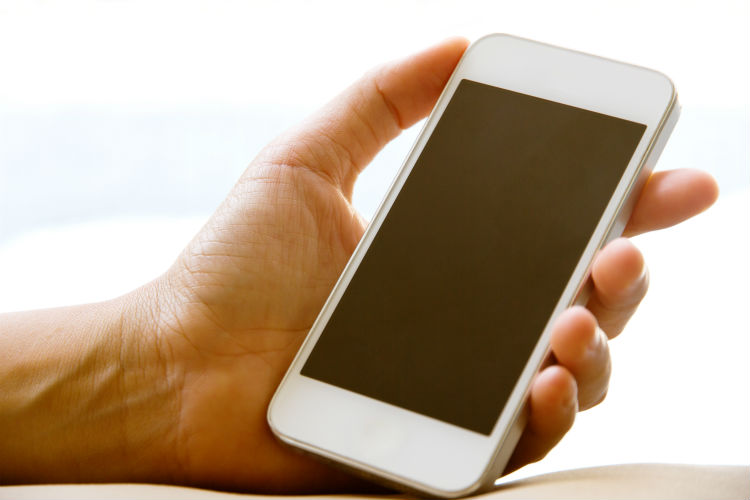Telephone scammers will implement various techniques to get you to answer their calls. The elderly can be particularly susceptible to their creative tactics, so it is crucial that caregivers and family members stay up to date on the latest schemes and warn their loved ones.
One increasingly common technique is to manipulate caller ID to make it appear that you are receiving a telephone call from your own phone number. But how is this possible?
Scammers are using a technique called caller ID “spoofing.” Spoofing is the practice of manipulating data to force the telephone network to display false information on the receiving caller’s caller ID. The scary part is that scammers do not need any complicated tools to do this. They merely need to visit a spoofing website to use the service. A simple Google search for “caller ID spoofing” will reveal plenty of websites offering such services. While manipulating caller ID is illegal for malicious purposes, it is legal for permissible purposes.
To increase the likelihood that the people they call will answer their phones, scammers will use other clever approaches in conjunction with spoofing. For example, they know that most people will only answer local telephone calls. So, they’ll use spoofing software to make it seem like a call is coming from a phone number with your own area code or a neighboring area code. This is called “neighbor spoofing.”
Remember, scammers are very good at what they do. Caller ID spoofing can be used by con artists pretending to be from your mortgage company, your bank or your credit card company. The possibilities are endless, and it is important to be aware of these deceptive tactics.
One such telephone scam that has been on the rise is the IRS imposter scam. In this ploy, the caller ID may say “IRS” or display a Washington, D.C., area code (202). When you answer the call, the scammer pretends to be from the IRS and states that there is a problem with your tax return or that you owe money. The call then quickly escalates to the scammer demanding payment, otherwise you will be arrested. Their ultimate goal is to get you to send money, provide your credit card information or provide your bank account information. If you receive a call like this, hang up. The IRS will not contact you by telephone. If there is a problem with your tax return or if you owe them money, they will contact you by mail.
Another spoofing telephone scam is the Microsoft call. In this instance, the caller ID may say “Microsoft” and the scammer claims to be a representative of the well-known tech company. The scammer says they have detected a problem with your computer and then asks permission to remotely check your device. They will then graciously provide you with instructions on how to grant permission to access your computer. Once they have accomplished this, the scammer can remotely access everything on your computer, including your sensitive information, which can easily be downloaded. The scammer could install additional malware (software with malicious intent) for nefarious purposes. If you get this call, hang up. Most people store sensitive information and engage in online banking and shopping on their computers. Opening your device up to a stranger can be extremely risky. Microsoft will never call you, and they do not proactively monitor users’ computers.
The best protection from telemarketing scams is to only answer phone calls from numbers you recognize. Unfortunately, spoofing can complicate this rule of thumb. If you receive and accidentally answer a suspicious call, the best thing to do is hang up. Never give out personal information or sensitive information like bank account numbers, usernames or passwords over the phone. If you suspect that an incoming call may be from a legitimate entity, such as your bank or a government agency, do not answer it or hang up and place a call back to the number you have on file. Be sure to look up the official contact information listed on your statement or on the entity’s official website and use that number to ensure you are discussing private matters with a valid individual.
It behooves people of all ages to remain skeptical when accepting calls these days. When it comes to caller ID, perception is not always reality.

